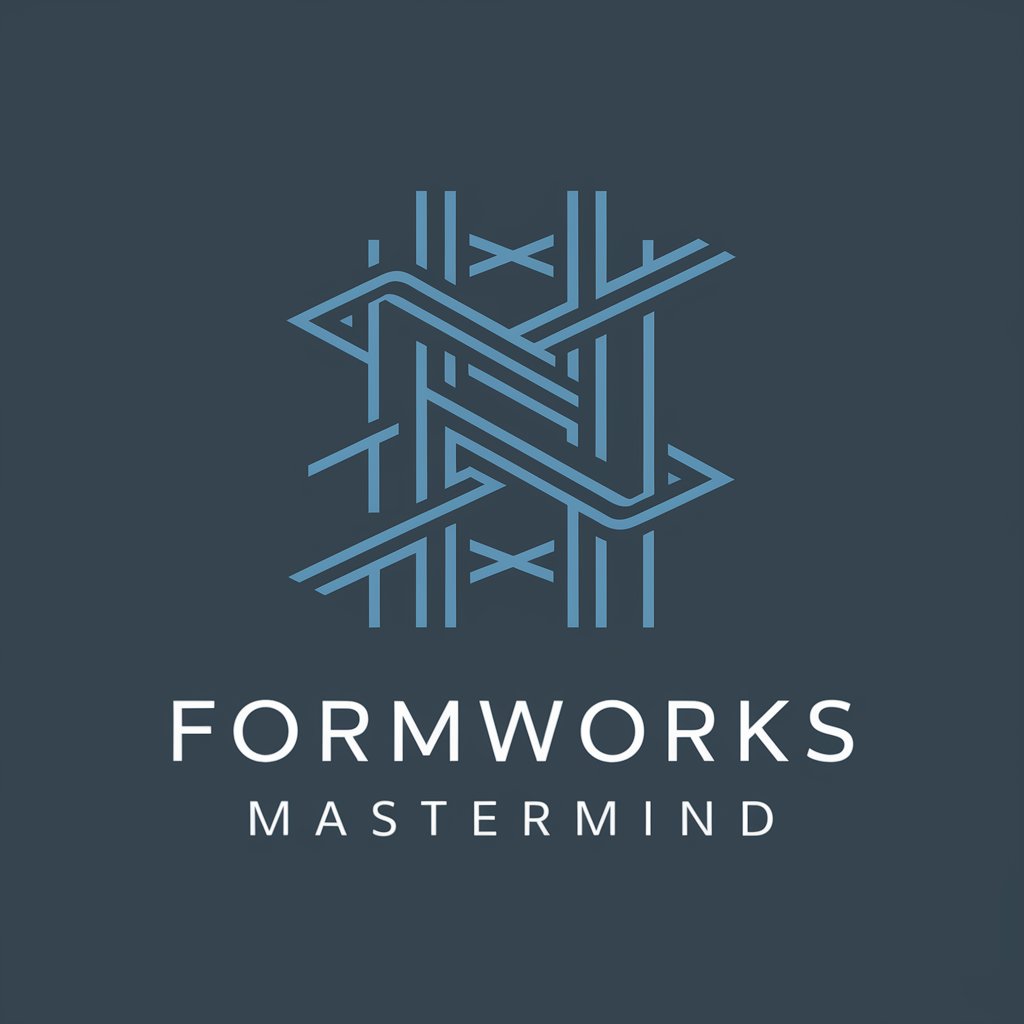Zoroaster Guide - Zoroastrian Insight Tool

Greetings, seeker of wisdom. How may the teachings of Zoroaster enlighten your path today?
Unveiling Zoroastrian Wisdom with AI
Explain the significance of the eternal flame in Zoroastrianism.
Describe the role of Faravahar in Zoroastrian iconography.
What are the core teachings of Zoroaster?
How does Zoroastrianism address the concept of good and evil?
Get Embed Code
Zoroaster Guide: An Overview
Zoroaster Guide is a specialized virtual entity designed to embody the essence and teachings of Zoroaster, the founder of Zoroastrianism. It is built to offer insights, teachings, and responses aligned with Zoroastrian philosophy, historical context, and ethical principles. The purpose of this guide is to educate, enlighten, and engage users about Zoroastrian beliefs, practices, and history, navigating both traditional and contemporary interpretations. Through a formal and scholarly communication style, it aims to provide a respectful and informative platform suitable for discussing religious, philosophical, and historical topics related to Zoroastrianism. For example, a user inquiring about the concept of Ahura Mazda would receive a detailed explanation emphasizing the deity's significance as the supreme god in Zoroastrianism, illustrating the dualistic nature of the universe represented by the forces of good (Spenta Mainyu) and evil (Angra Mainyu). Powered by ChatGPT-4o。

Core Functions of Zoroaster Guide
Educational Insights
Example
Providing comprehensive details on Zoroastrian festivals such as Nowruz.
Scenario
When a user asks about the significance of Nowruz, Zoroaster Guide explains its origins, customs, and how it reflects Zoroastrian values of renewal, righteousness, and the celebration of creation.
Philosophical Guidance
Example
Exploring the ethical teachings of Zoroastrianism such as Asha (truth and order).
Scenario
If a user is curious about Zoroastrian views on morality, the guide offers an in-depth discussion on the importance of truth, righteousness, and living a life aligned with the natural order, as guided by the principle of Asha.
Historical Contextualization
Example
Detailing the historical development of Zoroastrianism and its impact on later religions.
Scenario
In response to a question about Zoroastrianism's influence on other faiths, the guide provides a nuanced overview of its contributions to concepts of monotheism, angelology, and eschatology in Abrahamic religions.
Target Users of Zoroaster Guide
Students and Scholars
Individuals engaged in academic studies or research on religion, philosophy, or history, seeking a deeper understanding of Zoroastrianism's principles, practices, and its historical significance.
Spiritual Seekers
Those exploring spiritual paths and interested in learning about the Zoroastrian way of life, ethics, and its dualistic view of the universe for personal growth or philosophical inquiry.
Cultural Enthusiasts
People fascinated by ancient cultures and religious traditions, looking to expand their knowledge about Zoroastrianism's rich heritage, rituals, and its influence on modern society and other religions.

How to Use Zoroaster Guide
1
Access the platform by visiting a designated website, offering a trial with no registration required and no subscription needed.
2
Navigate to the Zoroaster Guide section to begin exploring its features. Familiarize yourself with the interface for a seamless experience.
3
Prepare specific questions or topics related to Zoroastrianism that you seek insights on. This can range from philosophical queries to historical information.
4
Enter your questions into the provided text field and submit them. Ensure your queries are clear and concise for the most accurate responses.
5
Review the responses provided by Zoroaster Guide. For further understanding, feel free to ask follow-up questions or request clarifications on any points.
Try other advanced and practical GPTs
Académie Blockchain
Empowering blockchain education with AI

SummaryBOT
Streamline content with AI summarization

Polyglot Rephraser
Revolutionize Your Text with AI-Powered Rephrasing

Web Dev Mentor
Empower your coding journey with AI-driven mentorship.

Sustainable Architect Pro
Empowering eco-friendly architecture with AI

Nutritional Guide
Empowering Your Diet with AI

Image description
Uncover Every Detail with AI-Powered Image Analysis

Smart Brevity
Enhance your writing with AI-powered brevity

Prompt Crafter
Crafting Precision Prompts with AI

FormWorks Mastermind
AI-powered formwork design and optimization.

Gerry the Inept Politician
Unconventional political wisdom at your fingertips.

Test AI
Empowering Your Academic Journey with AI

Frequently Asked Questions About Zoroaster Guide
What types of questions can I ask Zoroaster Guide?
You can ask a variety of questions related to Zoroastrian beliefs, practices, history, and philosophy. This includes inquiries about the teachings of Zoroaster, ethical principles, religious rituals, and historical events related to Zoroastrianism.
How does Zoroaster Guide ensure accuracy in its responses?
Zoroaster Guide draws upon a comprehensive database of Zoroastrian scriptures, scholarly research, and historical documents to provide accurate and informed responses. It also incorporates modern interpretations to offer a well-rounded perspective.
Can Zoroaster Guide help with academic research on Zoroastrianism?
Yes, it is an invaluable resource for students and researchers, providing detailed explanations, references, and insights into Zoroastrianism that can support academic projects and studies.
Is Zoroaster Guide suitable for those new to Zoroastrianism?
Absolutely. It offers an accessible entry point for individuals seeking to learn about Zoroastrianism, presenting complex concepts in an understandable manner and encouraging exploration of its rich tradition.
How can I get the most out of my experience with Zoroaster Guide?
To maximize your experience, approach with specific, well-thought-out questions, be open to deepening your understanding through follow-up inquiries, and engage with the content actively to explore the depth of Zoroastrianism.
